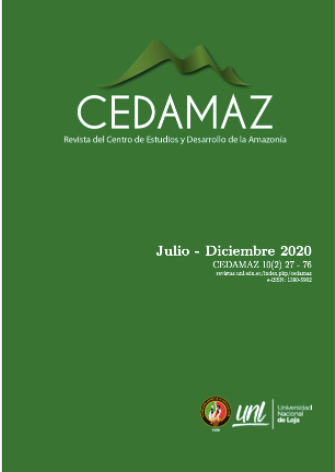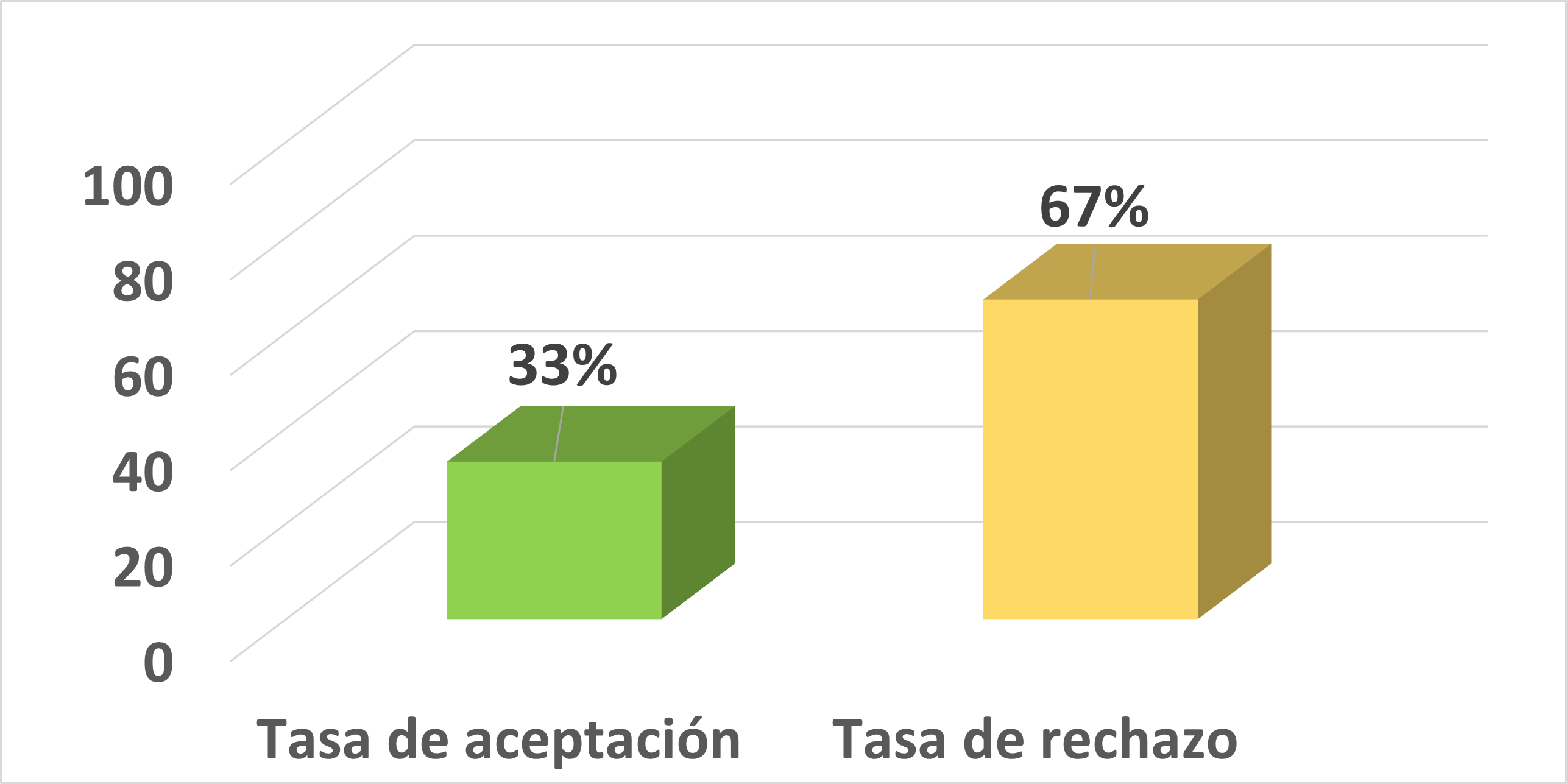Disinfection protocol for in vitro establishment of banana apical merystema Musa spp.
Abstract
The in vitro propagation of banana (Musa sp.) constitutes a profitable and safe alternative for the production of pathogen-free seedlings. One of the main problems of the in vitro establishment of this culture is the high load of contaminants that accompanies the explants. Therefore, the objective of this study was to evaluate two concentrations of Sodium hypochlorite (NaClO) for the disinfection of meristems of Musa sp. The concentrations used were 5% and 10%, with an immersion time of 5 minutes. The percentages of survival, contamination and oxidation were evaluated. There was a 100% survival of explants and 0% contamination in the treatment with 10% NaClO for 5 minutes, in contrast to 62.5% of viable explants and 37.5% contamination with fungi and bacteria in treatment with 5% NaClO. The oxidation percentage of explants was 100% in both treatments. Treatment with 10% NaClO for 5 minutes was the most effective for disinfection and in vitro establishment of the apical meristem of Musa sp.Published
2020-12-31
How to Cite
Mongelós Franco, Y., Mussi Cataldi, C. E., Duarte Ovejero, N. N., & Díaz Lezcano, M. I. (2020). Disinfection protocol for in vitro establishment of banana apical merystema Musa spp. CEDAMAZ, 10(2), 47–50. Retrieved from https://revistas.unl.edu.ec/index.php/cedamaz/article/view/815
Issue
Section
Research Articles
License

This work is licensed under a Creative Commons Attribution-NonCommercial-NoDerivatives 4.0 International License.
Those authors who have publications with this journal, accept the following terms:
- After the scientific article is accepted for publication, the author agrees to transfer the rights of the first publication to the CEDAMAZ Journal, but the authors retain the copyright. The total or partial reproduction of the published texts is allowed as long as it is not for profit. When the total or partial reproduction of scientific articles accepted and published in the CEDAMAZ Journal is carried out, the complete source and the electronic address of the publication must be cited.
- Scientific articles accepted and published in the CEDAMAZ journal may be deposited by the authors in their entirety in any repository without commercial purposes.
- Authors should not distribute accepted scientific articles that have not yet been officially published by CEDAMAZ. Failure to comply with this rule will result in the rejection of the scientific article.
- The publication of your work will be simultaneously subject to the Attribution-NonCommercial-NoDerivatives 4.0 International (CC BY-NC-ND 4.0)









